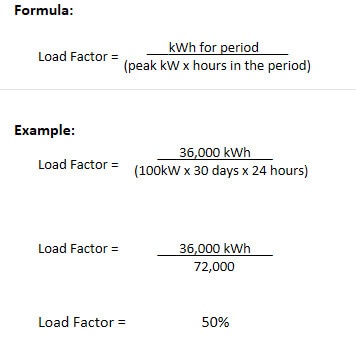Getting Started
Thanks to deregulation, there are lots of opportunities for brokers who are getting started in the energy business. As an energy broker, you provide a crucial link between the customer and the supplier. And you play an important role in helping your customers get the best deal possible.
But what common industry terminology do you need to know and understand as you get started as an energy broker? Here are five things you should understand when you are starting out:
1. Commercial vs. residential customers
When you begin selling energy, you will deal with two different types of customers. These are commercial customers and residential customers. The difference between the two is pretty straightforward.
Commercial customers have commercial meters and these will primarily be businesses. Residential customers have residential meters and these will be individuals with homes.
As a broker, you should focus on commercial customers. Because of the amount of time you will spend with that customer, your return on investment will be higher.
Businesses will use higher levels of energy than individual homes. So by working with commercial customers, your income potential is much higher.
2. Annual usage vs. estimated annual usage
The annual usage is the amount of energy a business uses in a year. But there will be times when you have a customer who only has a short window of usage.
In that scenario, you will have to make an educated guess about what that customer’s yearly usage will be. This is the estimated annual usage or EAU.
If you have a business that is consistent with their energy usage you might take one month’s usage and multiply it by 12 to find their EAU. Or if they tend to fluctuate more you might multiply it by 10 or 10.5 to account for variance.
3. Rate class
Depending on the amount of energy they use, customers will be charged at different rates. So the rate class is what determines the category that customer falls into and how much they will be charged for their energy. A customer’s rate class is typically noted on their energy bill.
4. Load factor vs. load profile
Load factor is the relationship between a user’s peak power demand for a given period relative to their total energy usage over the period. It is a measure that indicates the efficiency of energy usage. Let’s look at how you can calculate the load factor for electricity.

In this example, we divide the total monthly usage (36,000 kWh) by the total quantity of peak demand (100 kW) multiplied by the number of days in the billing cycle (30 days) and the number of hours in a day (24 hours) which totals 72,000 kWh. Completing the calculation yields a calculated load factor of 50% for the month.
So the business in this example calculation had a 50 percent electrical load factor for the time period measured. For suppliers, a high load factor is more favorable because it equals better energy efficiency. A load factor of 75 percent or higher would be considered very efficient.
Load profile is your pattern of energy usage both on a daily basis – i.e. on-peak and off-peak – and a seasonal basis – i.e. summer/winter. There are two commonly used load usage profiles associated with natural gas consumption – heat load and flat load.
Heat load is an energy usage profile where a customer consumes the majority of their gas in the winter months, whereas a flat load profile refers to a natural gas energy customer that maintains consistent usage levels throughout the year.
Energy suppliers like, and will typically give better prices too, load profiles that are evenly balanced. Loads that are heavily seasonal are less attractive to them and will usually be charged higher prices.
5. Enrollment Windows
Enrollment windows are date guidelines to follow when contracting a customer. For example, some utilities have a guideline that a customer must be enrolled 15 days prior to the next meter read. This date will vary based on the utility and will be something you’ll grow more familiar with as you start contracting with more utilities.
Learning the lingo is a challenge whenever you pursue a new endeavor. Don’t let it discourage you when getting started. As an energy broker, you have access to incredible opportunities for growth and professional success. And when you partner with Broker Online Exchange, we provide the tools you need to start your business. In no time at all, you’ll be talking like an energy pro.
Related Links
You may be interested in more Energy 101 blog posts:
Energy Industry Participants- Who Are They and What is Their Role?
The Average Energy Bill- How To Make Sense Of It




